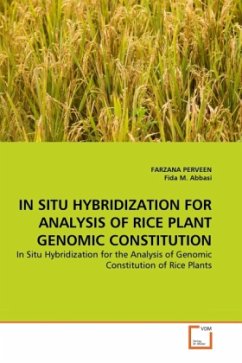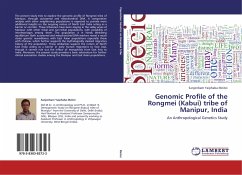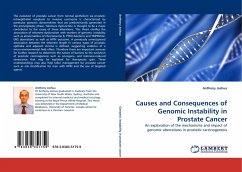
Genomic Mobile Elements
Activation, Evolution and Molecular markers
Versandkostenfrei!
Versandfertig in 6-10 Tagen
32,99 €
inkl. MwSt.

PAYBACK Punkte
16 °P sammeln!
Large-scale sequencing of different genomes has produced an unprecedented wealth of information about the origin, diversity and genomic impact of repetitive sequences, what were once thought to be junk DNA . Repetitive sequences in complex genomes contain large portions of transposable elements (TEs). The movement and accumulation of TEs represent a major force shaping the genes and genomes of almost all organisms. Through evolution, individual elements from repetitive families acquired diverse biological roles. Recently, autonomous TEs, generally considered as selfish, have been found to enco...
Large-scale sequencing of different genomes has produced an unprecedented wealth of information about the origin, diversity and genomic impact of repetitive sequences, what were once thought to be junk DNA . Repetitive sequences in complex genomes contain large portions of transposable elements (TEs). The movement and accumulation of TEs represent a major force shaping the genes and genomes of almost all organisms. Through evolution, individual elements from repetitive families acquired diverse biological roles. Recently, autonomous TEs, generally considered as selfish, have been found to encode proteins that are of interest for the host cell and have been recruited to add new cellular functions. This book will focus on recent research studies on transposons which mainly fall in three categories: activation, evolution and molecular markers.












